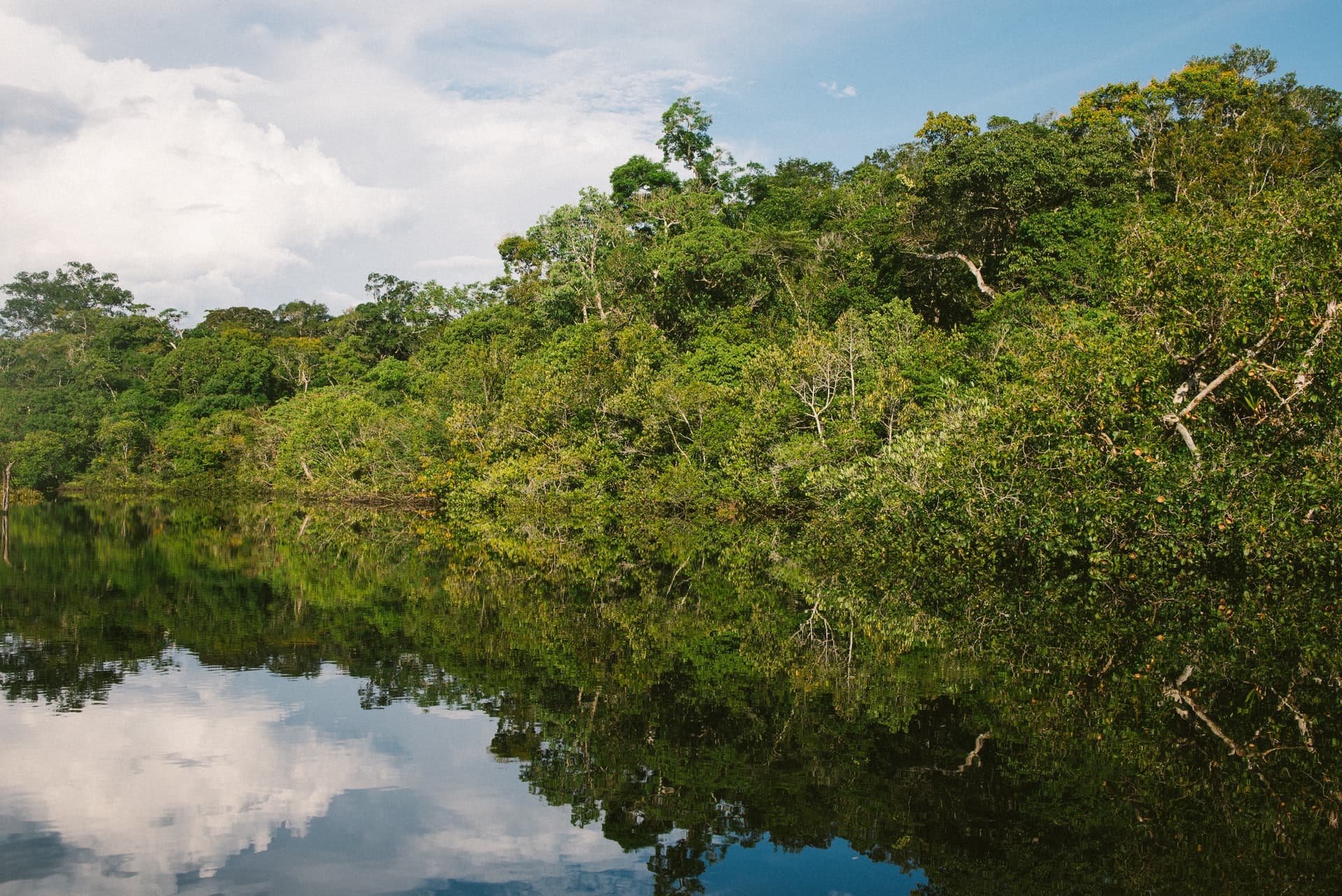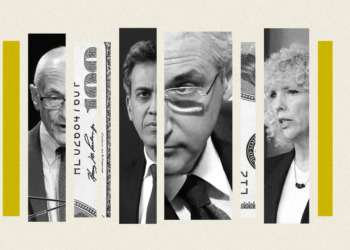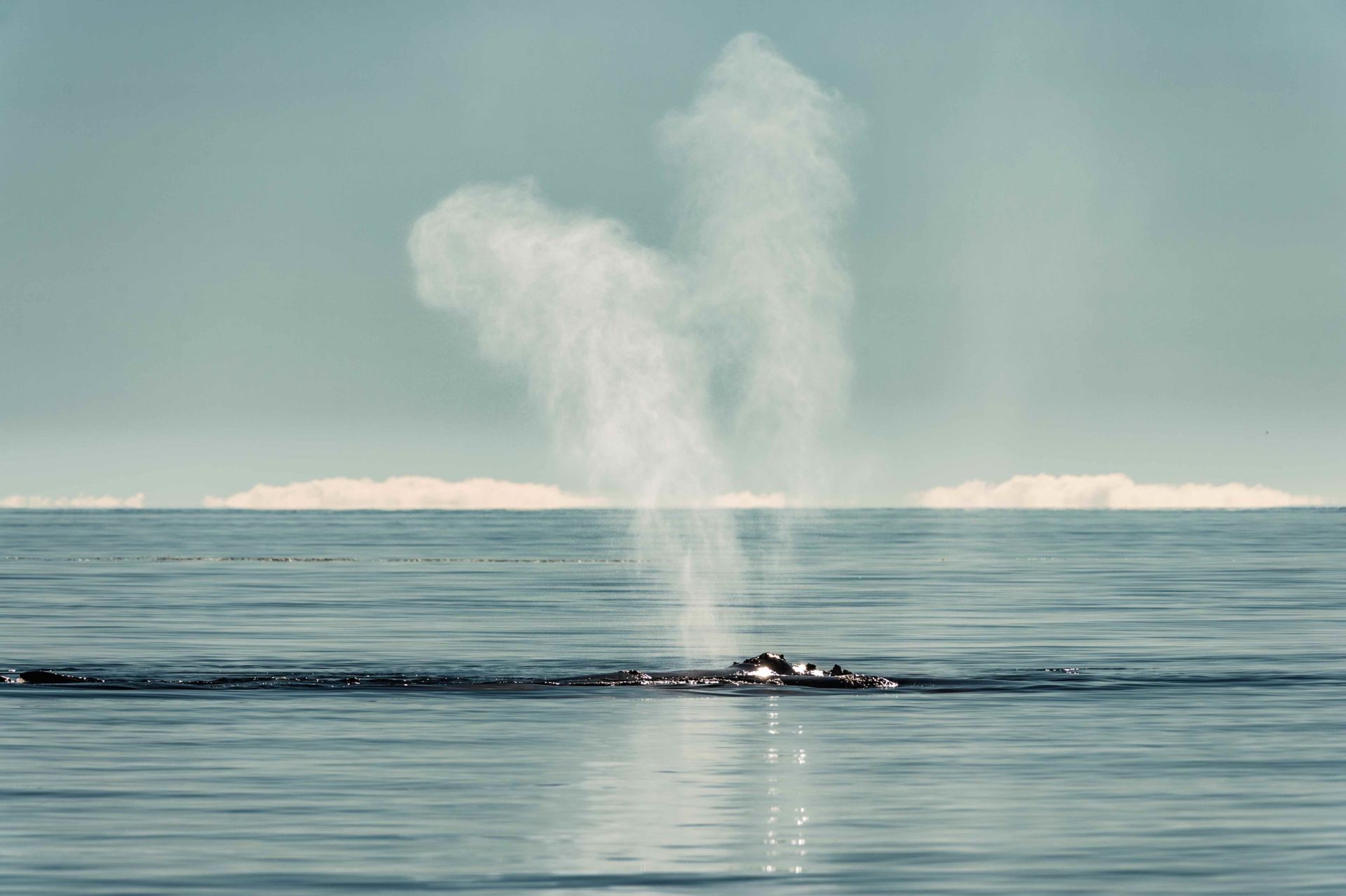From 2015 to 2020, 33 major European based Financial Institutions invested a combined total of 20 billion US$ in companies directly linked to climate-changing deforestation in Brazil. Unless Financial Institutions urgently address their role in funding deforestation, the Amazon and the battle against climate breakdown will be lost.
It is the dry season in Northern Brazil and the fires in the Amazon are burning again. More than 10,000 fires were recorded in the first ten days of August alone and the destruction they cause to this planet-critical eco-system is accelerating.
In 2019 as deforestation alerts in the Amazon increased 34,5%, over 7000 sq km of the Amazon was deforested, whilst in the neighboring Cerrado savannah – Brazil’s second-largest biome – over 4000 sq km of vegetation was destroyed. This equates to a total loss of a habitat half the size of Turkey.
According to MapBiomas – the leading platform on land use in South America – agribusiness is responsible for 90% of all-natural vegetation lost in Brazil since 1985. Soy, beef pasture, corn, cotton, and sugarcane crops have replaced 870,000 sq km of biodiverse forest and savannah.
These commodities are driving catastrophic changes in land use that impact us all as they lead to a dramatic decline in biodiversity, increased risk of zoonoses, critical changes in rainfall patterns, more frequent and severe droughts, and an annual average of 870 million tons of climate-changing CO2 emissions.

All these effects occur because this ecosystem is complex and interdependent, and subject to key forces. When we think about the Amazon and Cerrado as an eco-system we cannot only think about the forest and savannah, we must also factor in the commodity supply chains its provisions and the Financial Institutions it enriches. This is the economic eco-system; Financial Institutions are the bedrock of this, providing a flow of funding supporting commodity producers and traders exploiting the region. The extent of this role in the destruction of the Amazon and Cerrado remains largely overlooked, although the concern is growing.
An eco-system of destruction
Fair Finance International – a research and advocacy network of over 70 CSOs – recently screened Dutch, German, and Norwegian Financial Institutions’ investments in 59 leading beef and soy companies with supply chains linked to deforestation in Brazil. These companies include soy giant Cargill, commodities company Louis Dreyfus, dairy manufacturer Danone, and Brazilian meat company JBS, amongst others.
It was found that 33 major Financial Institutions, including banks and insurers, invested a combined total of 20 billion US$ in these companies – through underwritings, loans, shares, and bonds. Banks in the Netherlands such as ING and Rabobank lent more than 10.2 billion euros between 2015 and 2020; asset managers of Nordic Banks invested US$711 million in shares and bonds, and in Germany insurance companies and assets managers directed almost US$2.7 billion in shares and bond-holdings to these companies.
Financial Institutions are funding an exploitative economic eco-system that is destroying the Amazon and Cerrado regions, contributing to climate breakdown. Unless this financing is curbed it will be too late, as experts forecast that the Amazon is close to an irreversible tipping point.
RELATED ARTICLES: Sustainability: The Biggest Economic Opportunity Of Our Times |The Education Outcomes Fund: An Interview With The CEO Amel Karboul |Fasset: Using Blockchain To Promote Sustainable Investments |Impact Investing Isn’t One-Size Fits All |Building Resilient Climate Smart Agricultural Systems For Smallholder Farmers |Pymwymic: Pioneering the Change in Venture Capital
Five steps Financial Institutions must take
Accept accountability and act: Ineffectual roundtable discussions, vague commitments, and greenwashing are useless. The fact is that most of the proposals that can save the Amazon and Cerrado are already on the table. It is time for Financial Institutions accepted their responsibilities and act to ensure that all investments are sustainable.
Insist on Deforestation-free supply chains: One of the most critical steps is ensuring reliable deforestation-free supply chains for the highest risk commodities – soy, beef, corn, sugar cane, and cotton. This must include 100% deforestation-free traceability – especially for indirect suppliers of beef slaughterhouses. Presently livestock born or raised on deforested land can enter the supply-chain via sale to a legal supplier. Companies must consider transportation records to identify indirect suppliers to prevent this from happening. Financial investors can take action now to make this happen.
Use legitimate data and demand compliance: In Brazil, there are researchers and NGOs developing evidence-based solutions to deforestation. Using their data and reports for sustainable investment policymaking is a must, and gives voice to affected indigenous communities. Financial Institutions must set deforestation-free compliance indicators and demand adherence as a requirement for investment.
Engage businesses in at-risk supply chains: To ensure investments for businesses operating in the Amazon and Cerrado are directed towards sustainable supply chain development, Financial Institutions must actively engage with these companies on improvements. The engagement process must also show accountability and progress, or result in divestment when companies fail to improve.
Increase transparency: Many financial institutions do not name the companies they fund, claiming confidentiality requirements. However, there are widely used methods to ensure transparency without disregarding regulations.
Financial Institutions are critical to the economic ecosystem of the Amazon region and have an urgent responsibility to act. Environmental and social requirements must be central to the investment practices and divestments of Financial Institutions. This is the only way to achieve an economic eco-system that doesn’t destroy our planet for the sake of profit.
About the author: Gustavo Machado de Melo is an analyst at the Brazilian Institute of Consumer Defense, which leads Fair Finance Guide Brazil, part of Fair Finance International. He has researched human mobility, transnationalism, global environmental governance, and supply chains operating in the Amazon. He graduated in international relations from the University of São Paulo, including an exchange at Gadjah Mada University, Indonesia.
In the Cover Picture: The amazon forest in Brazil. Photo Credit: Unsplash
Editor’s Note: The opinions expressed here by Impakter.com contributors are their own, not those of Impakter.com









